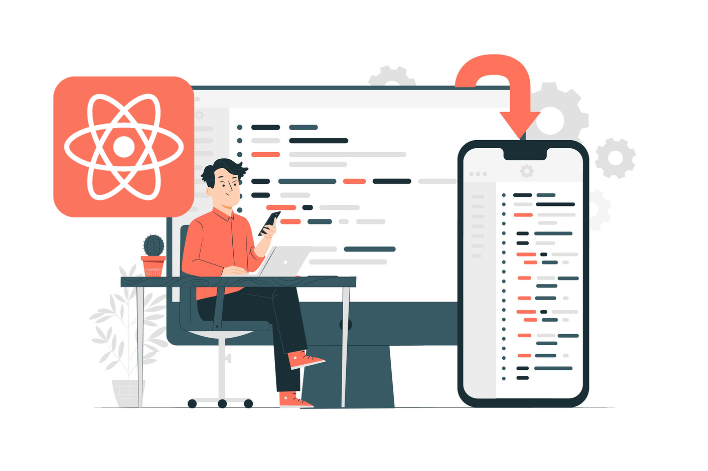React Native is a popular open-source framework for hybrid app development, globally. Developed by Facebook, React Native gives developers the power to create stunning mobile apps for iPhone & Android. Recently, Facebook announced the official React Native 0.60 release with new updates.
According to Facebook, the release will make it easier to handle large migrations for Android & iOS projects along with resolving many bugs and issues. In this blog, let's see what's new in React Native 0.60:
Increased Attention to Improving Accessibility
React Native 0.60 has significantly enhanced the accessibility APIs on Android & iOS. The latest version will use APIs provided by the basic platform, combining native support technologies. Along with this several improvements have been made in roles, action support, flags, etc. Here is a quick overview of all the accessibility improvements in React Native 0.60
- Assisted iOS accessibility flags and reduce motion on iOS
- Addition of missing roles for several elements
- onClick callback and clickable prop added for triggering actions through keyboard
- Callbacks for several accessibility actions to manage accessibility related to user-specific functions
New Start Screen
Though a minor change, the new start screen seems fresher and more intuitive. The new start screen allows one to browse all guidelines along with ways of aligning with website redesign and ways to start the debug menu. The new UI 'Hello World' will make developers to development experience more engaging.
AndroidX Migration and Support
With the 0.60 version rollout, React Native has migrated to AndroidX which means that developers will have to migrate their native code and dependencies, too. Your React Native apps will start using AndroidX and you will have to migrate your code. At the same time, this means that library maintainers will also have to upgrade and release new versions for AndroidX.
Default Cocoapods for iOS
For the iOS, CocoaPods will now be a part of React Native project. Cocoapods is a reliance manager for Swift Cocoa and Objective-C projects. Developers can use xcworkspace file to open their iOS platform code. You will be required to make some simple changes to your Podfile for Cocoapods support. This will make the internal packages compatible with XCode project simplifying debugging and troubleshooting process.
SEE ALSO : React Native Component Library
Autolinked Native Modules
Autolinking is a major improvement for native module linking which will eliminate the need of using react-native link manually. The entire linking procedure has been completely revamped and improved for development convenience. If you are using react-native link for any pre-existing dependency, make sure to unlink the same.
Upgrade Helper
Upgrade helper tool is a great add on the React Native 0.60. The tool makes it easier for developers to upgrade to the new version seamlessly. Developers with complex customizations and brownfield apps can use the tool to quickly see what has changed between the React Native versions.
SEE ALSO : Apps Built with React Native
Final Words
React Native is one of the top hybrid app frameworks in the industry, at present. With the React Native 0.60 release, developers can experience the benefits they will get for native and hybrid app development themselves. React Native app development saves time and resources while allowing you to launch iOS and Android apps simultaneously.
With all the above features, React Native has become more useful for the app development community. Feel free to share your thoughts about the latest React Native update in the comments section.


